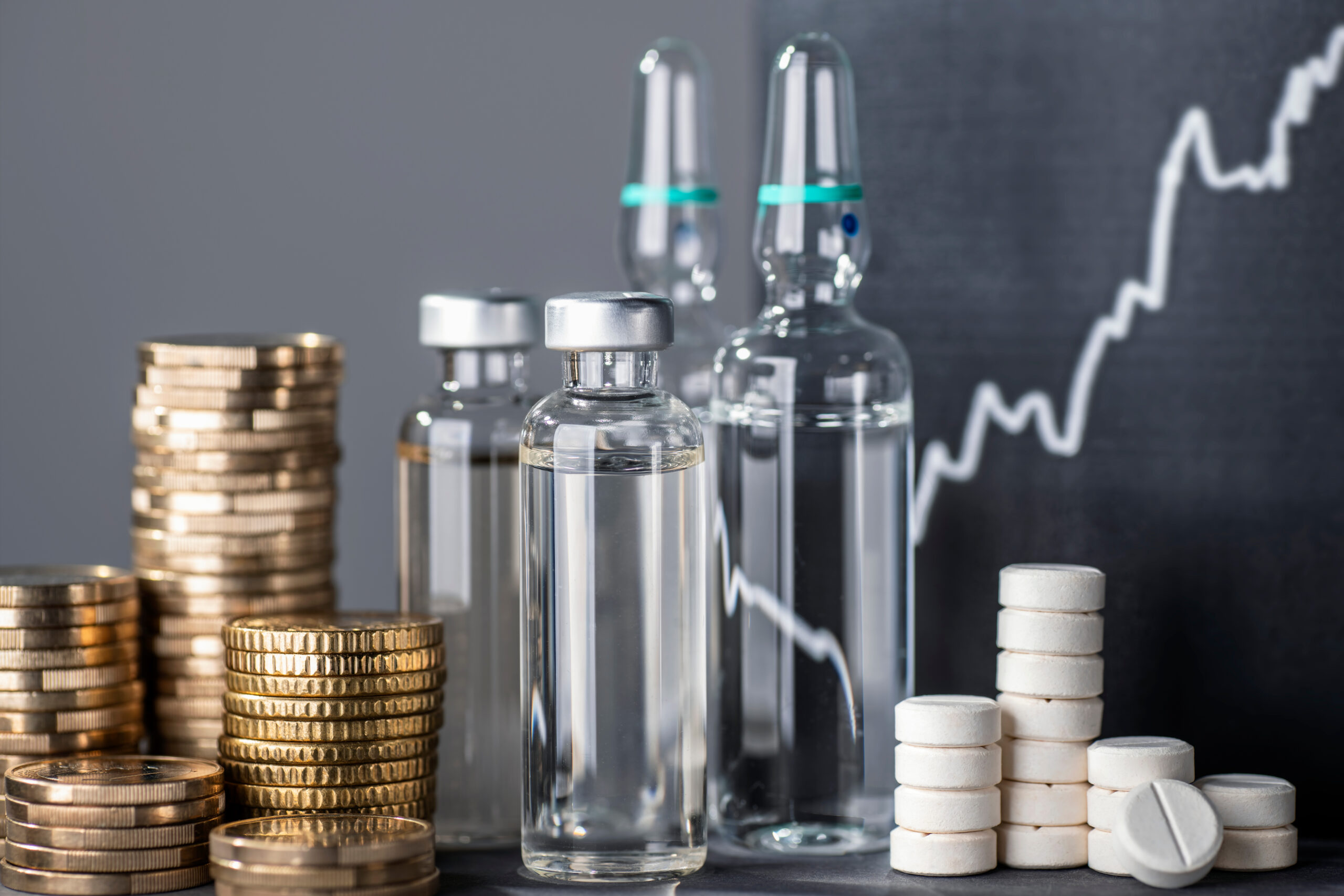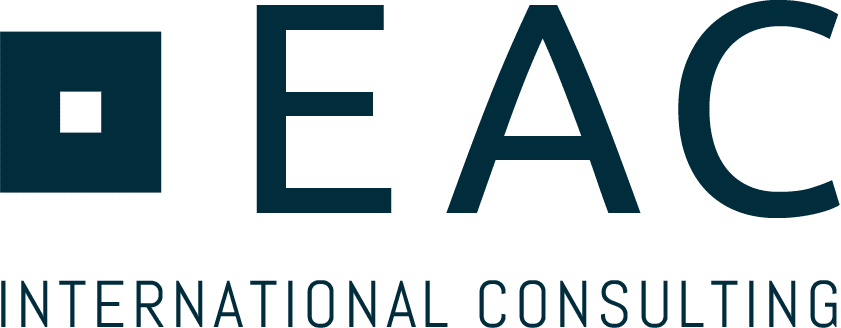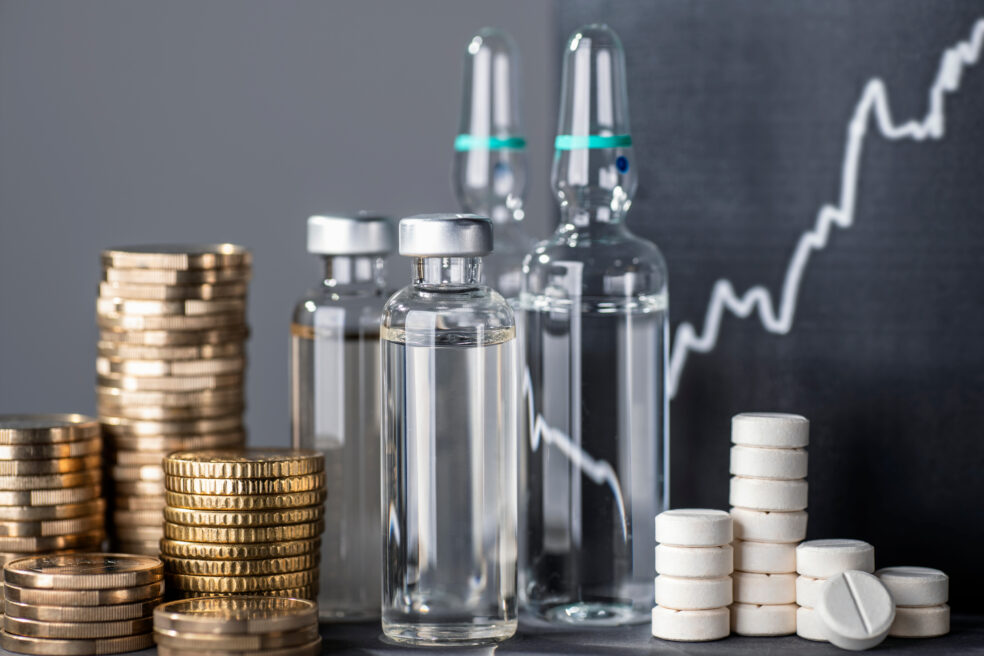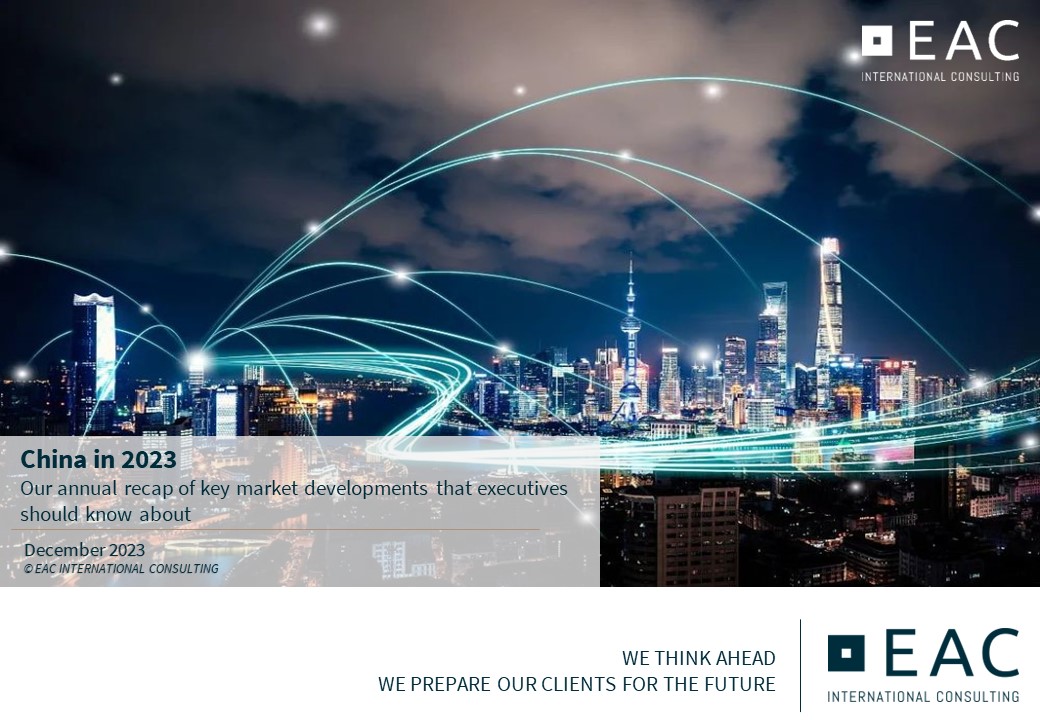Quo Vadis? Snapshot of the Pharmaceutical Industry in Germany

The adoption of a comprehensive pharmaceutical strategy by the federal government in December 2023 has instilled newfound optimism among industry players, signaling a renewed commitment to strengthening the country's position as a global leader in pharmaceutical innovation and production. The strategy's multifaceted approach encompasses measures to improve patient data utilization for research purposes and enhance the regulatory framework governing drug development and manufacturing processes.
However, despite the positive outlook, challenges remain, prompting industry stakeholders to call for further reforms to sustain growth and innovation. One area of concern is the decline in Germany's ranking in clinical trials, dropping from second place globally in 2016 to seventh place in recent years. The emergence of regulatory hurdles and bureaucratic complexities has hindered the conduct of clinical trials within the country, prompting calls for streamlining approval processes and standardizing contractual arrangements to attract more research investments.
Moreover, recent legislative changes, such as the law strengthening statutory health insurance schemes, have introduced constraints on the reimbursement of innovative medicines post-market launch. Pharmaceutical companies argue that such measures impede their ability to recoup investments in research and development, thereby undermining incentives for future innovation. The resulting decline in the introduction of new drugs in Germany underscores the urgency of addressing regulatory barriers and ensuring a conducive environment for pharmaceutical innovation.

Furthermore, concerns have been raised regarding Germany's competitiveness in emerging fields of biotechnology and advanced therapies. While the country has historically been a leader in pharmaceutical research and development, it risks falling behind global competitors, particularly in areas such as gene and cell therapies. Industry experts emphasize the need for swift action to prevent Germany from losing its edge in key technological domains, advocating for strategic investments and policy interventions to bolster the country's standing in the rapidly evolving pharmaceutical landscape.
Despite these challenges, recent investments by multinational pharmaceutical companies signal confidence in Germany's potential as a hub for pharmaceutical manufacturing and innovation. For instance, Eli Lilly's plans to establish its first manufacturing facility in Germany, alongside other significant investment commitments from Daiichi Sankyo and Roche, underscore the attractiveness and importance of the German market for pharmaceutical companies.
In conclusion, while Germany's pharmaceutical industry is poised for growth, realizing its full potential requires concerted efforts to address regulatory barriers, enhance innovation incentives, and strengthen the country's competitiveness in emerging technologies. By fostering a supportive regulatory environment and promoting strategic investments, Germany can cement its position as a global leader in pharmaceutical innovation and contribute to advancing healthcare outcomes both domestically and internationally.
Investors requiring support can contact EAC Partners Anna Ahlborn and Uwe Haizmann.





